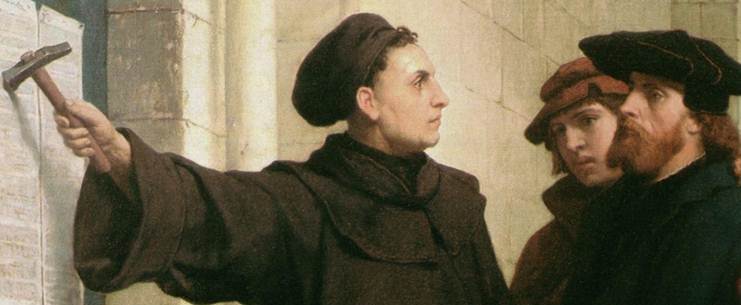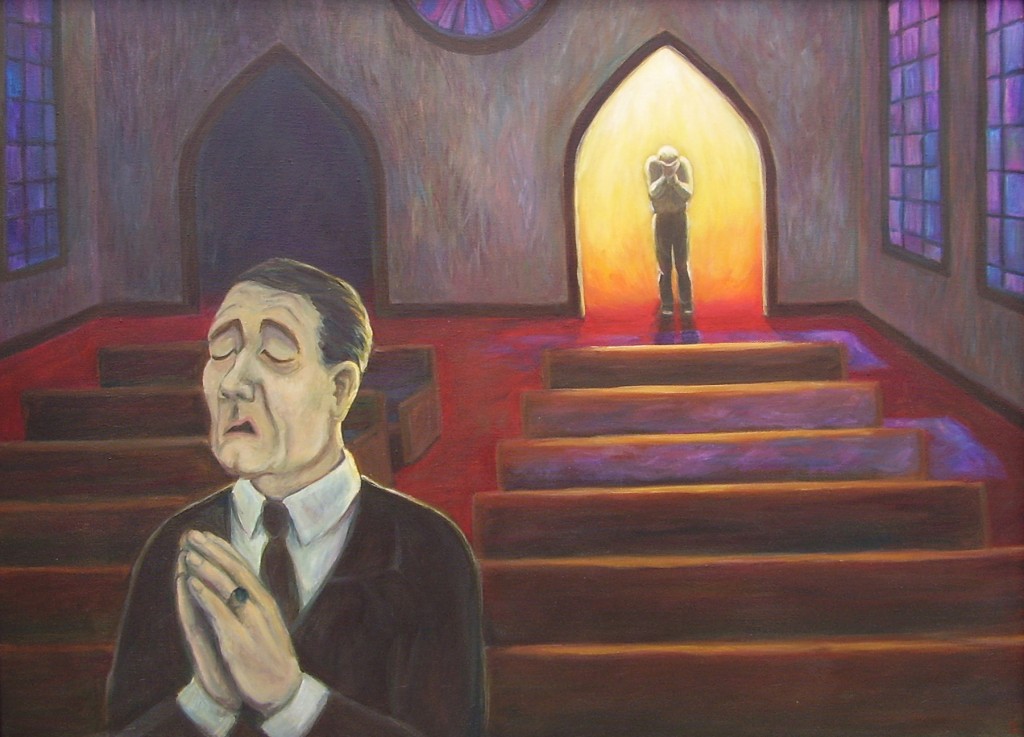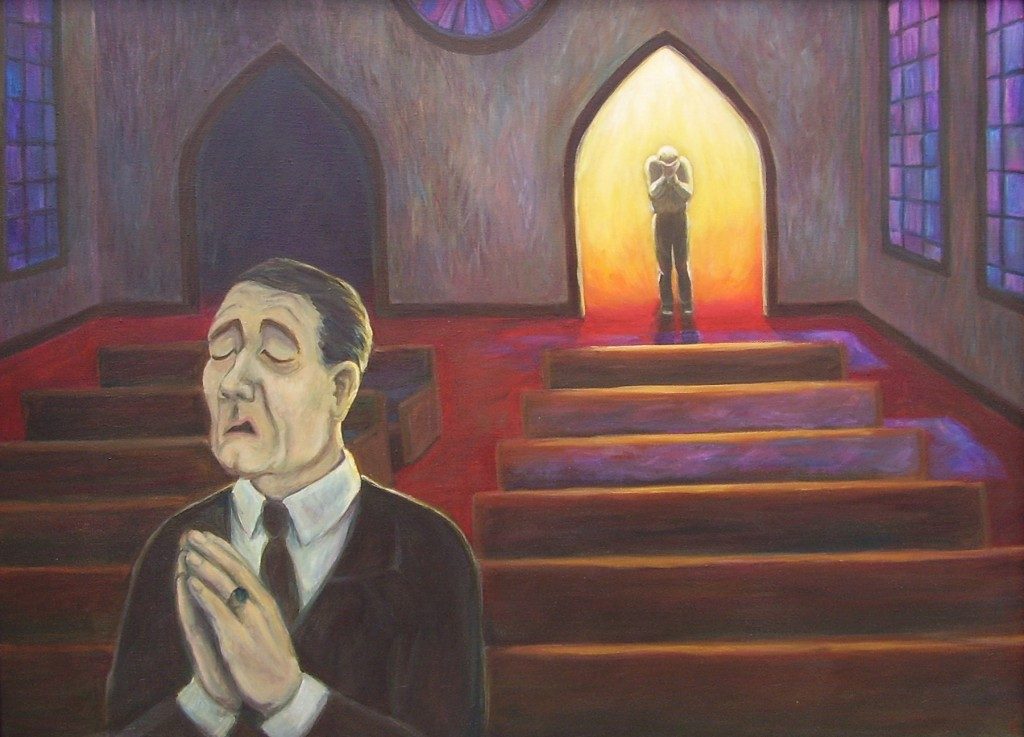
Pride is one of those things that can be a positive and a negative it is however in inwardly directed emotion. If we view this from, the negative meaning of the emotion pride refers to a foolishly and irrationally corrupt sense of one’s personal value, status, or accomplishments this is often used with hubris. But if we look at pride from the other side, the positive side, pride refers to humble, and content sense of achievement towards one’s or another’s choices and actions and comes from a sense of praise, independent self-reflection, and a fulfilled feeling of belonging.
Pride can be viewed as a corrupt vice or a proper virtue. It is like most everything, what is the result of the pride, what is the goal? We can be filled with pride at our accomplishments, but if we boast about them to bring another down, then we have quickly gone from virtue to vice. And that is what we see on the Gospel passage from Luke today.
First, a little background to set the stage. The law required three daily prayer times, 9 am 12 noon and 3 pm. It was important that the prayer is held in the Temple. Now one could pray where ever they were at those particular times, but there was a better chance of your prayer being heard by God if you were standing in the Temple. It was at one of these times that we find the two men in the Temple praying.
First, we have the Pharisee. As we know Pharisees were, and are, distinguished by strict observance of the traditional and written law, and commonly held to have pretensions to superior sanctity. Now he did not go to pray to God; he prayed with himself. True prayer is always offered to God and God alone. We may ask someone to pray for us, but the prayer we offer, or a prayer that is offered for us by another, is always directed towards God. What the Pharisee was doing here was giving himself a testimonial before God.
The law also prescribed only one obligatory fast, the one on the Day of Attornment. But those who wished to gain special favor fasted on other days. In the Orthodox Tradition that I came from before coming here, fasting was a large part of the religious and spiritual practice of the people. Orthodox Christians fast from all meat and dairy products on Wednesday and Fridays as well as during the preparation periods of Advent and Lent. If one was to count the actual fast days, there were far more than non-fast days. I used to sit with people and discuss the fast; the first thing was that most were guilt ridden because they did not adhere to the fast as best as they should. Okay, this is not necessarily a bad thing, but it is a spiritual practice and one that, well, needs to be practiced won’t be perfect from the start. But the second most common discussion was around the hypocritical nature of the fast. The people who claimed to be the best at fasting, wait the pride thing again, were often the most hypocritical. The second definition of Pharisee if hypocrite, and these were the ones that Jesus was speaking the most harshly too when he was talking to the religious leaders of his day.
Fasting, by its very nature, is supposed to change a person spiritually. The ancients believed that if we could control what we put in our mouths, we would be able to control what came out of our mouths. It’s not that the food was unclean but what came out of our mouths that are often unclean.
But the Pharisees often take the fasting a bit further; they would paint their faces white and wear disheveled clothes and would show great piety to those who would see them. This was not done out of some form of penitence; this was done to draw attention to themselves a “look at me and how pious I am” sort of thing. Not only did they fast more they would tithe more than required.
Scripture demands that we give 10% of what we have to God, that’s pretax by the way, we render to God before we render to Caesar. The Pharisees would give all they had and make a great show of it so others would be able to see how great they were. The Pharisee did not go to pray; he went to inform God how good he was.
Then there is the tax collector. Keep in mind that tax collectors were the most despised in society. They worked for the Romans, and so they were considered traitors by their fellow Jews. They also took more than the tax allowed. They would charge more and keep the difference for themselves.
He came to the Temple, and stood afar off, in the corner maybe, and would not even lift his eyes to God. Notice the words he spoke in his prayer, “O God be merciful to me – the sinner.” In his mind, he was not just a sinner, but the sinner, the chief sinner if you will. “And,” Jesus said, “It was that heart-broken, self-despising, prayer which won him acceptance before God.” What we see here are two very different people.
This parable is a parable about prayer, and it teaches us a few things to keep in mind about prayer and how we should pray.
No one who is proud can pray. The gate of heaven is so low that none can enter except upon our knees. Now this can mean physical or spiritual; I tend more towards the spiritual here. We should be humble in the presence of the King when we pray. Keep in mind we are addressing God, the creator of everything and the author of life; we are not speaking with someone down the street. We should have a certain familiarity with God, but there also needs to be a sense of awe and wonder. When we are in the presence, we humble ourselves before it.
No one who despises others, humanity, their neighbor, can pray. Now you did not think I was going to preach and not mention love your neighbor did you? We are all in this together, and we need to be mindful of one another. We need to pray for one another as well as we pray for ourselves. The Jewish ritual law required before you could make your sacrifice, to go and make peace with all you have harmed and who harmed you, then come and make your sacrifice. The law stated that if you did not do this, your sacrifice would not be acceptable to God. We cannot pray with hatred in our hearts.
True prayer comes from setting our lives beside the life of God. There is no doubt that what the Pharisee said was true. He did fast; he did give his tithes; he was not as others are; he was less like the tax collector. But the question is not, “Am I as good as my fellow-man?” The question is, “Am I as good as God?” We are called to follow Jesus not follow other Christians. We should not compare ourselves to other human beings for they are as flawed as we are, the marker of our Christian journey should be are we following Jesus?
I have mentioned this before. Years ago those little bracelets with the “WWJD” written on them were all the rage. The question should not be “what would Jesus do?” for we are not Jesus, the real issue is “What would Jesus have us do?” Jesus left us an example in word and deed, and that is what we should be asking, how does this apply to my life in my situation.
The sin of pride is comparing ourselves to others rather than simply laying our lives at the feet of God and asking for forgiveness. All of us need forgiveness, and I hope we have the knowledge that if we ask for it, God will give it. On the day of His crucifixion, Jesus was hung between two thieves. One of them asked him for forgiveness and Jesus granted it and told him “today, you will be with me in paradise.” There was no other requirement than for him to ask for forgiveness. Jesus did not require him to go to the altar and weep for his sins; he did not require him to sing three verses of Just as I am or anything like that. The thief asked for forgiveness and Jesus granted it. He did this because as the famous verse for the Gospel of John says, “God so loved the world that he sent his Son, so that all who believe may have eternal life.”
Know this; God loves you each and every one of you. Know this, if you ask God to forgive you, God will forgive you, in fact, he already has. There are not many things in this life that I am certain of But I am certain of the fact that God loves each and every one of us right here and right now.
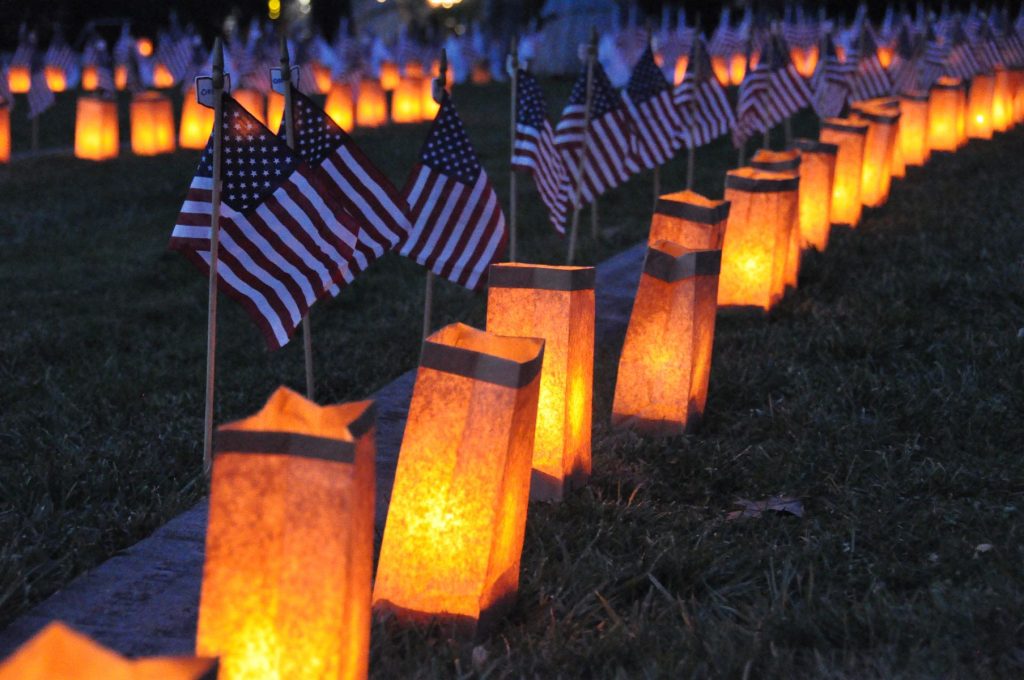

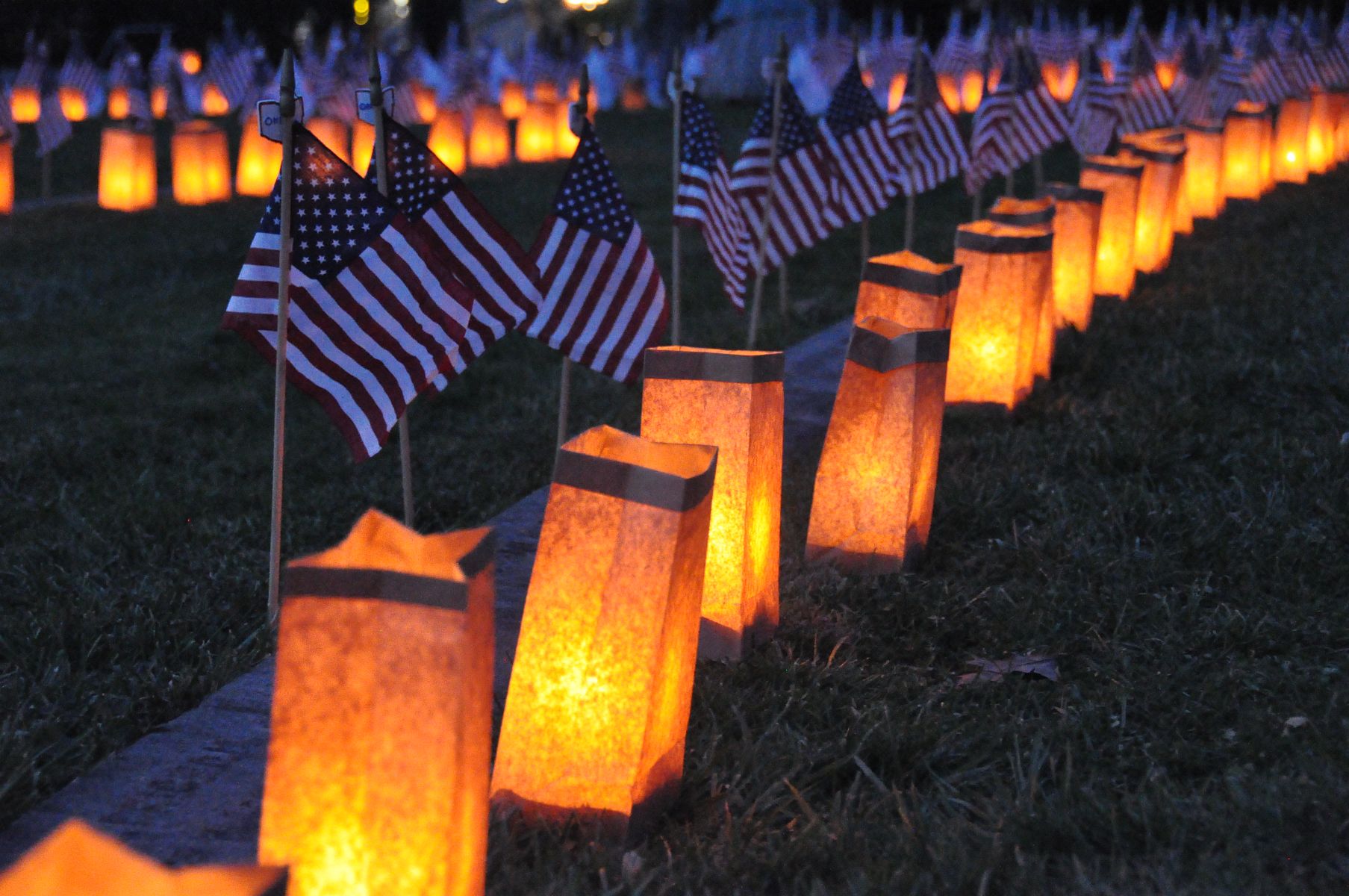


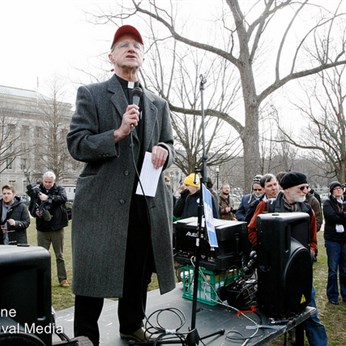
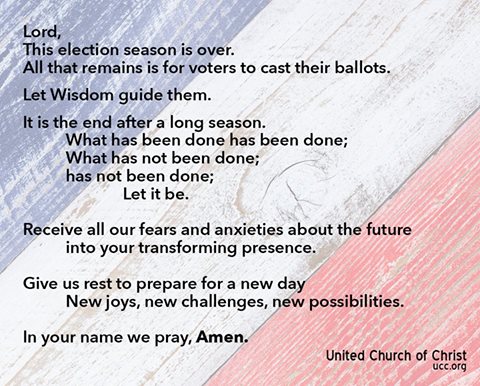
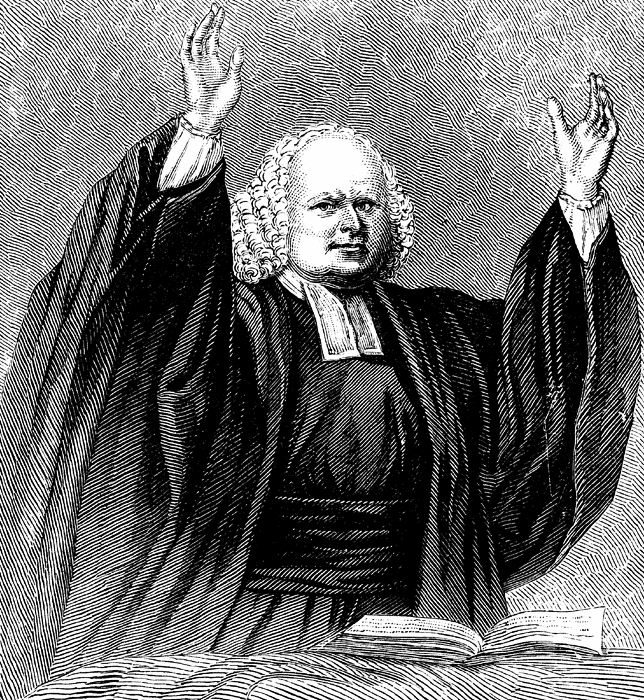
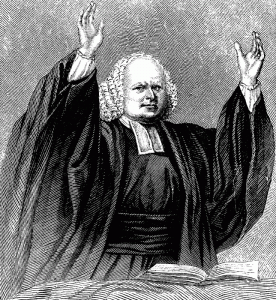
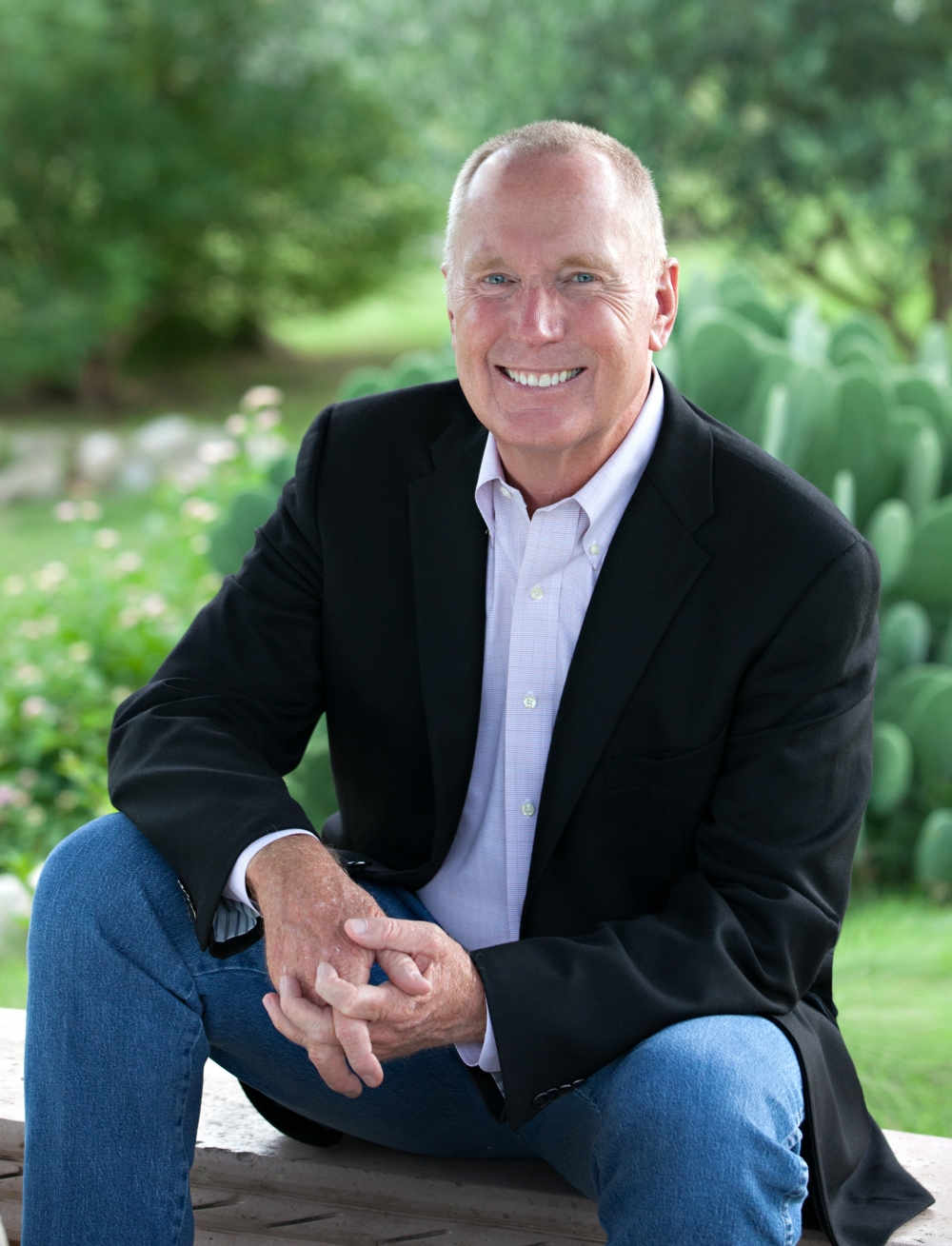
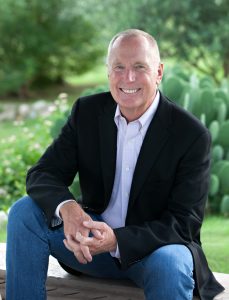 Pastor Max Lucado has a prediction for what will happen the day after the election in the United States.
Pastor Max Lucado has a prediction for what will happen the day after the election in the United States.